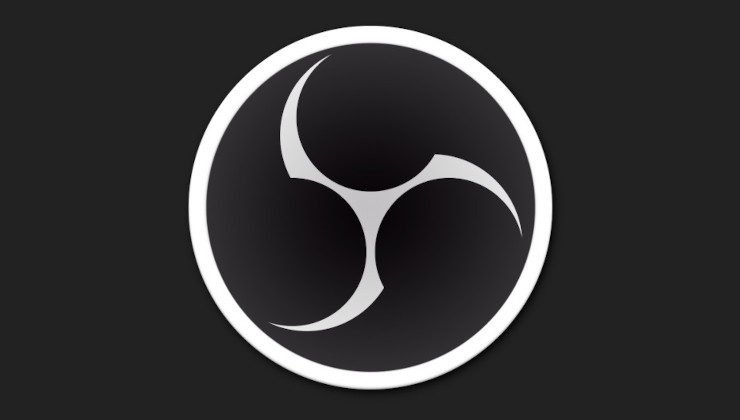Today is Debian Day and it's quite a special one, because the Debian Project has now been going for 30 years which is a very impressive milestone.
It's hard to imagine what the world would be without the likes of Debian. Think of all the things we wouldn't have! Not only is Debian a popular Linux distribution itself but it's also the foundation for Ubuntu and so all the rebuilds like Linux Mint and a great many more. Heck, even the original SteamOS was based on Debian (it's now using Arch as a base).
Officially founded by Ian Murdock on August 16th, 1993 with this classic announcement — how time flies huh? This might make some readers feel old: I was only 5 years old when that announcement was made. Even during my 35 years I've seen the Linux desktop and Linux gaming go through many huge changes.
Here's to the next 30 years of a wonderful Linux distribution, may it have many more. And a big thank you to all developers working hard to ensure it's working well.
Feel free to get all nostalgic and share your stories in the comments.

Ah, these were the times were you were able to print out the whole net! I really feel old, this was when I was already 18....
This might make some readers feel old: I was only 5 years old when that announcement was made. Even during my 35 years I've seen the Linux desktop and Linux gaming go through many huge changes.I was about 10, but I wouldn't learn of Linux until I was 16 or 17.
I've always clicked the best with Debian-derived distros, so Happy Debian Day!
Last edited by Pengling on 16 Aug 2023 at 12:11 pm UTC
Happy birthday, Debian!
*Me: Oh nice! Is this the new distro ppl are talking about?
*My teacher: It's not a distro, it's just a Debian's spin.
PPS - This graphic always blows my mind.I find Linux distributions are great for when I need lots of names, like nicknaming Pokémon.
https://en.wikipedia.org/wiki/Linux_distribution#/media/File:2023_Linux_Distributions_Timeline.svg
Just look at that wallpaper, it's Debian all the way down!

To celebrate, the Siduction crew dropped another fine release.Love the wallpaper and the quote!
Just look at that wallpaper, it's Debian all the way down!
To celebrate, the [Siduction](https://siduction.org/2023/08/release-notes-2023-1-0-standing-on-the-shoulders-of-giants/) crew dropped another fine release.
Just look at that wallpaper, it's Debian all the way down!

I'm tempted to install Siduction on my laptop if only for that wallpaper :O
It's freaking gorgeous.To celebrate, the [Siduction](https://siduction.org/2023/08/release-notes-2023-1-0-standing-on-the-shoulders-of-giants/) crew dropped another fine release.
Just look at that wallpaper, it's Debian all the way down!

I'm tempted to install Siduction on my laptop if only for that wallpaper :O
Just today (without knowing about the 30 year's anniversary) I upgraded virtually all my home systems, including two dist-upgrades from Debian 11 (bullseye) to Debian 12 (bookworm).
Four Raspberry Pi, three Laptops, two small form factor PCs, two desktop PCs, and 1 mobile phone running Droidian (basically Debian on mobile).
It's quite amazing to use such impressive and free software.
Last edited by 14 on 19 Aug 2023 at 1:57 am UTC
Unfortunately there are some technical reasons why it isn't ready for that (mostly to do with anyone who has to do federal compliance stuff, which is almost thoroughly rpm/redhat based).










 How to set, change and reset your SteamOS / Steam Deck desktop sudo password
How to set, change and reset your SteamOS / Steam Deck desktop sudo password How to set up Decky Loader on Steam Deck / SteamOS for easy plugins
How to set up Decky Loader on Steam Deck / SteamOS for easy plugins
See more from me